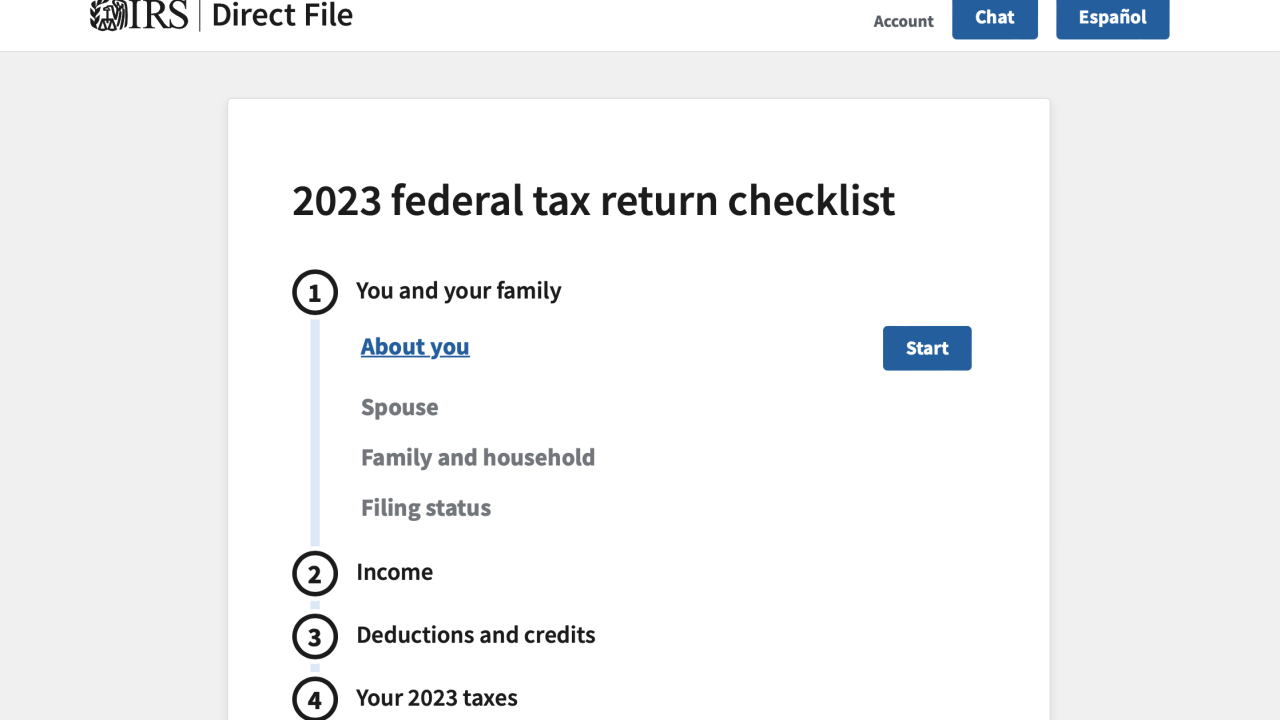Perhaps the title of this article should be “Discounted fee season?” with a question mark. Early in my career I always felt I would not be that busy during July and August so I looked for work, many times offering lower fees. Well, the reality never matched my expectations.
Fact: There is less work in the summer, compared to tax season.
Fact: There is no less work in the summer than every other part of the year except January to April, May (for catchup after tax season), and the September and October tax season. That means June, July, August, November and December are equally busy, but we never say we are not that busy in the months other than July and August.
Fact: Mostly everyone takes their vacations in July and August, making us always shorthanded during those months.
When I started out, I hustled to get summer work, only to find myself busier than ever. It took me a while to realize that the summer is not slow — just that the workload remains steady with no real deadlines, causing a work crunch. But I was always a little shorthanded because of the vacations, including mine. Eventually I stopped looking for off-price work. I still tried to get what I could and rigorously followed up on every lead; I just did not offer discounted fees.
However, sometimes an off-price job presents itself, so let me offer some suggestions whenever you have a chance to bid on one. First of all, if you have an opportunity to bid on a sizable one-shot assignment, I would say you should go for it as long as you can fit it in with your existing staff, plus some possible overtime. No matter how you “calculate” your cost, “cost” is not relevant for a one-time job where you do not upset your overhead and cost structure for your client base. Everything you receive less the overtime will go to your bottom line. In that case, the only cost is the overtime. No matter what you charge, you make money. I know a lot of accountants who won’t take a job that is lower than 60 percent of chargeable time. Give me one of these a year. A $15,000 regular-fee job needing about 80 hours bid at $8,000 is four people working 10 hours a week for two weeks. If you have an intern, this could further reduce the work for the partners and some of the regular staff. Figure $3,000 overtime will net $5,000. Not bad for two weeks’ extra work.
Occasionally there are peripheral benefits to an off-price job. It could be with a new client or referral source, a chance to show them what you can do and perhaps get additional work at the standard prices. It could be a client that can provide some bragging rights as well as excite the staff. It could give interns an interesting project to work on that might help recruit them after they graduate. It is also an opportunity for your staff to make a few extra bucks.
Businesses are dynamic, with ever-changing circumstances. Takeaway: Keep your eye on the business without locked in opinions.
Do not hesitate to contact Ed at





